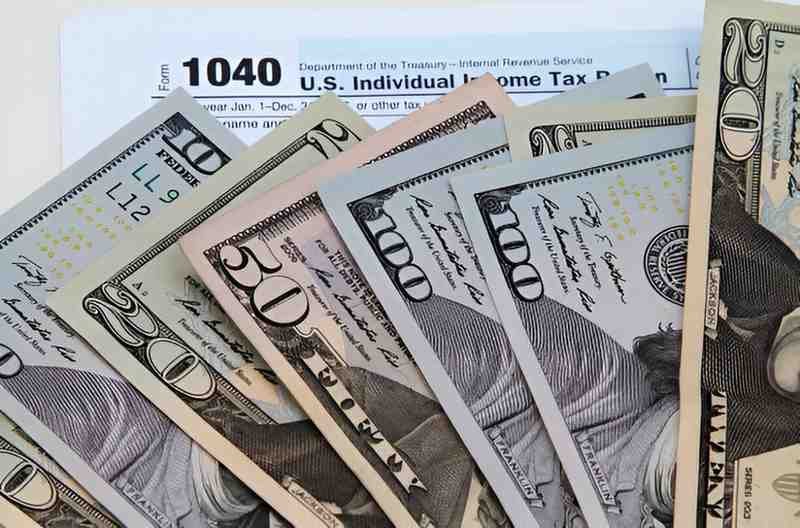When I put $1,700 into mutual funds, I always keep an eye on tax season, especially the 1099-DIV form that shows my dividends and distributions. Dividends can add up, and knowing whether they’re taxable or tax-exempt matters a lot. I want to share what I’ve learned about how the IRS treats dividends from mutual funds, especially around the 1099-DIV and tax-exempt income.
Table of Contents
What Is the 1099-DIV and Why Should You Care?
The 1099-DIV is a tax document your brokerage or mutual fund company sends you. It reports the dividends and capital gains your mutual funds or stocks paid you during the year. The IRS uses it to check if you reported that income.
For mutual funds, this form breaks your dividend income into categories:
- Box 1a: Total Ordinary Dividends — This is the total dividends you got, including both taxable and tax-exempt parts.
- Box 1b: Qualified Dividends — These dividends get taxed at lower long-term capital gains rates, which is a plus.
- Box 2a: Capital Gains Distributions — If your fund sold assets and distributed the profits, this is where it’s reported.
- Box 11: Exempt-Interest Dividends — This shows dividends from municipal bond funds, usually exempt from federal income tax.
If you’re like me, the first thing you should do when you get your 1099-DIV is open it and check box 11 to see if you got any tax-exempt dividends.
Why Are Some Mutual Fund Dividends Tax-Exempt?
Most mutual fund dividends come from stock or bond funds, and they’re taxable. But some mutual funds invest in municipal bonds (munis). Munis are bonds issued by state and local governments, and the interest they pay is usually exempt from federal income tax. Mutual funds that hold a lot of munis pass those tax-free dividends on to investors.
If your $1,700 investment is in a municipal bond mutual fund, you might see some or all dividends in box 11 as exempt-interest dividends. That means the IRS won’t tax those dividends at the federal level.
State Taxes Can Complicate Things
Even if dividends are tax-exempt federally, some states tax muni bond dividends. For example, if you live in California and hold a muni bond fund from another state, your dividends might still be taxable on your state return. So always check your state’s tax rules.
Example: How Does This Work in Practice?
Imagine your $1,700 mutual fund paid $80 in dividends this year. Your 1099-DIV shows:
- Box 1a: $80 total dividends
- Box 11: $30 exempt-interest dividends
This means $30 of your dividends are tax-exempt federally, and $50 are taxable.
If your federal tax bracket is 22%, your tax calculation looks like this:
Taxable dividends = $80 – $30 = $50
Tax = 50 \times 0.22 = 11You owe $11 federal tax on those dividends. The $30 exempt-interest dividends are tax-free federally.
What If Your Fund Isn’t a Municipal Bond Fund?
If your mutual fund is a regular stock or taxable bond fund, then dividends and capital gains distributions are taxable. That means the entire amount in box 1a is subject to tax (qualified dividends at a lower rate if you qualify).
Reporting Dividends on Your Taxes
Even tax-exempt dividends must be reported on your tax return, so you don’t want to skip them. Usually, they go on Form 1040 Schedule B. Reporting ensures the IRS knows you received them, even if you don’t owe federal tax on those dividends.
Taxable dividends and capital gains also get reported on Schedule B and might affect your overall tax liability.
Why Does This Matter?
Knowing which dividends are taxable helps me plan my taxes and avoid surprises. If I ignore the 1099-DIV or don’t understand it, I might underpay taxes or file incorrectly.
Also, if I want to reduce my tax bill, I might consider investing more in municipal bond funds to get tax-exempt income, especially if I’m in a higher tax bracket.
Final Thoughts and Tips
- Check your 1099-DIV carefully every year, especially box 11 for exempt-interest dividends.
- Know your mutual fund type — muni bond funds often pay tax-exempt dividends federally.
- Remember state taxes may still apply on exempt-interest dividends.
- Report all dividends on your tax return, even if they are exempt from federal tax.
- Use tax software or a tax professional if you’re unsure how to handle dividends.
Investing $1,700 is a solid start. Being aware of tax rules around dividends helps your money work smarter, not just harder.





